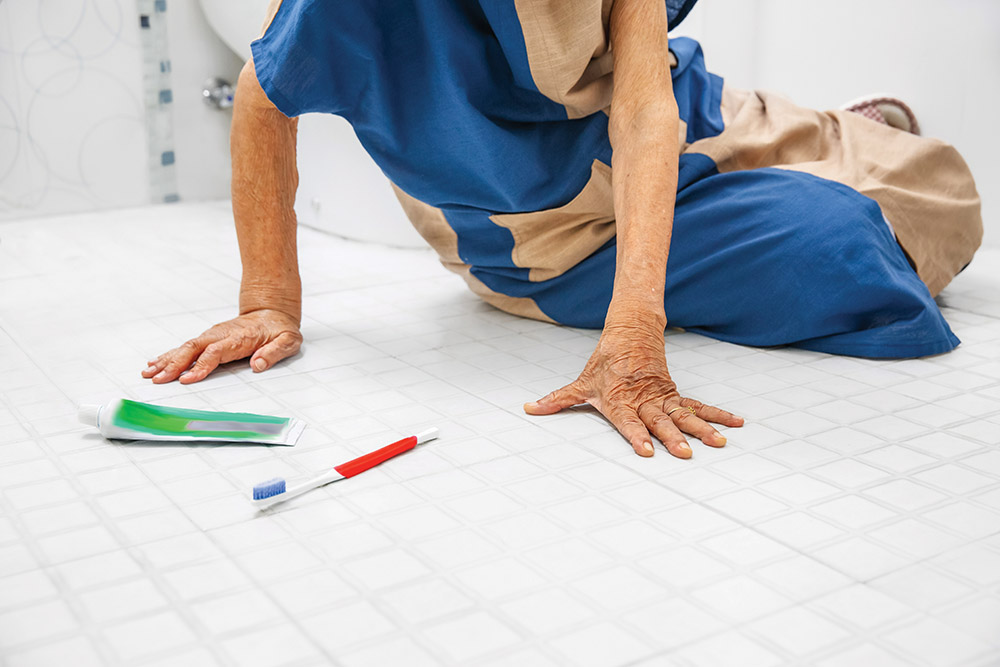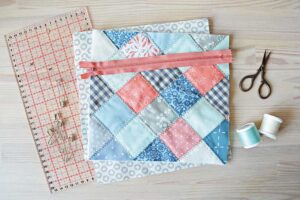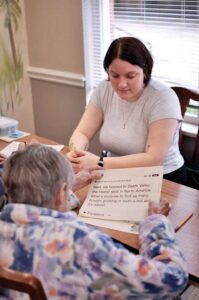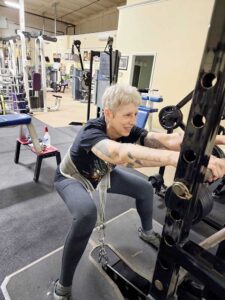Submitted by Villas of Holly Brook
The Basics
You can make small changes to help prevent falls. More than 1 in 4 older adults fall each year. Falling can lead to broken bones, trouble getting around, and other health problems – especially if you are age 65 or older.
A fracture (broken bone) can cause pain and disability. It can also make it hard to do everyday activities without help, like cooking a meal or taking a shower. Broken hips can cause serious health problems – and even death.
The good news is there are lots of things you can do to lower your risk of falling. Take these steps:
- Talk with your doctor about falls and how to prevent them.
- Do exercises to improve your balance and leg strength.
- Review all medicines with your doctor or pharmacist. Some medicines can make you dizzy or sleepy and cause you to fall.
- Get your vision checked by an eye doctor every 1 to 2 years. Update your glasses or contact lenses when your vision changes.
- Make your home safer. For example, add grab bars inside and outside your bathtub or shower – and put railings on both sides of stairs.
Am I at Risk of Falling?
As people age, poor balance and weak muscles can lead to falls and fractures. Most falls happen when older adults are doing everyday activities, like walking.
Some older adults also have vision problems or medical conditions that can make a fall more likely. For example, diabetes can reduce feeling in your feet and a stroke can affect your balance. These conditions can make you more likely to fall.
You may be more likely to fall if you:
- Have fallen in the past year
- Have a health condition that makes it hard to walk or affects your balance, like diabetes or heart disease
- Have trouble walking, getting up from a chair, or stepping up onto a curb
- Take many different medicines, especially medicines to help you relax or sleep
- Have trouble seeing or have a vision problem like cataracts or glaucoma
Use the checklist below to find out if you are at risk for falling. If you are worried about falling, talk to your doctor or nurse about how balance exercises and physical therapy can help.
Help Prevent Falls at Home.
About half of all falls happen inside the home. Take these steps to fix the dangerous areas in your home.
Make your home safer:
- Have railings put on both sides of all stairs inside and outside of your home.
- Have grab bars put inside and outside your bathtub or shower and next to the toilet.
- Use non-slip mats in the bathtub or shower.
- Remove small rugs or use double-sided tape to keep rugs from slipping.
- Use bright lights throughout your home, especially on the stairs.
- Keep stairs and places where you walk clear of clutter. Pick up or move things you can trip over, like cords, papers, shoes, or books.
- Keep kitchen items you use often in easy-to-reach cabinets or shelves.
Follow these safety tips:
- Always wear shoes with non-slip soles, even inside your home. Don’t walk barefoot or wear slippers or socks instead of shoes.
- When you’re getting out of a chair, stand up slowly.
- When you’re getting out of bed, sit up first and then stand up slowly.
Take Action: Healthy Habits
- Get enough calcium. Getting enough calcium can help keep your bones strong and make them less likely to break. Check out this shopping list of foods high in calcium.
- Get plenty of sleep. Getting enough sleep can help you be more alert so you are less likely to fall.
- Drink alcohol only in moderation. Alcohol can increase your risk of falling. Drinking alcohol only in moderation can help you stay safe and avoid injuries.
- Are you worried about a loved one’s risk of falling? If you are a caregiver, there’s a lot you can do to protect your loved ones from falling. You can also use these tips to start a conversation about preventing falls.
If you need assistance to avoid the risk of falling, Villas of Holly Brook offers care options that can help your situation. Check out the Villas of Holly Brook and Reflections Memory Care website at www.villasofhollybrook.com. We have two communities in Bloomington and now in Streator, too. Call the Executive Director at one of these communities for a personal tour.
For additional informative and inspirational articles visit 50 Plus News and Views Bloomington/Normal edition online today.










